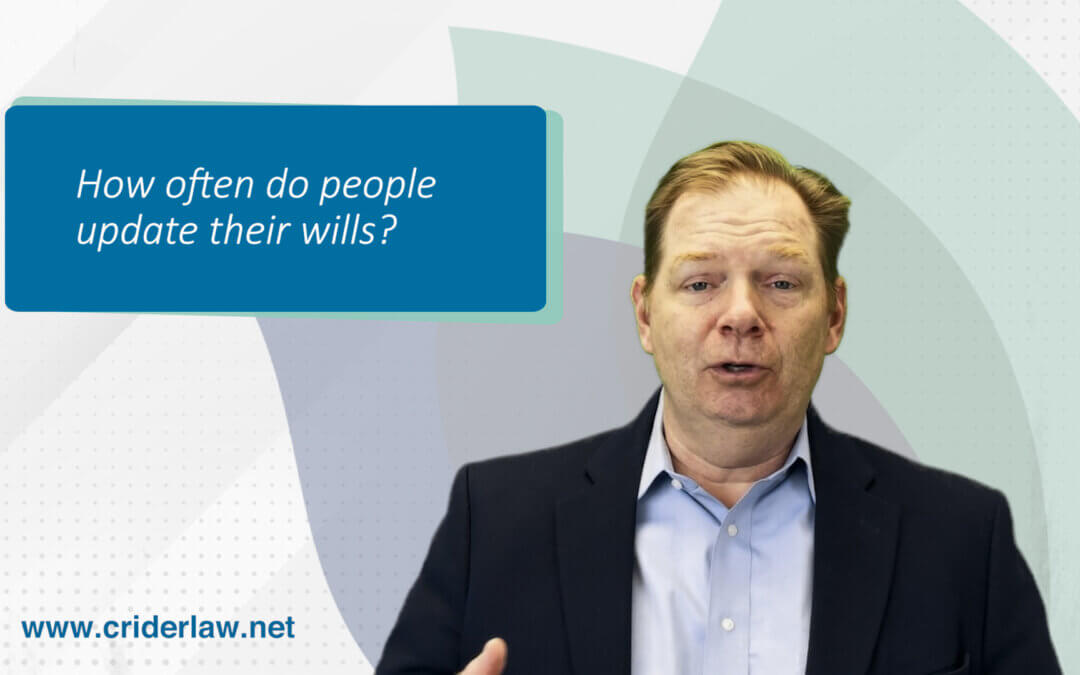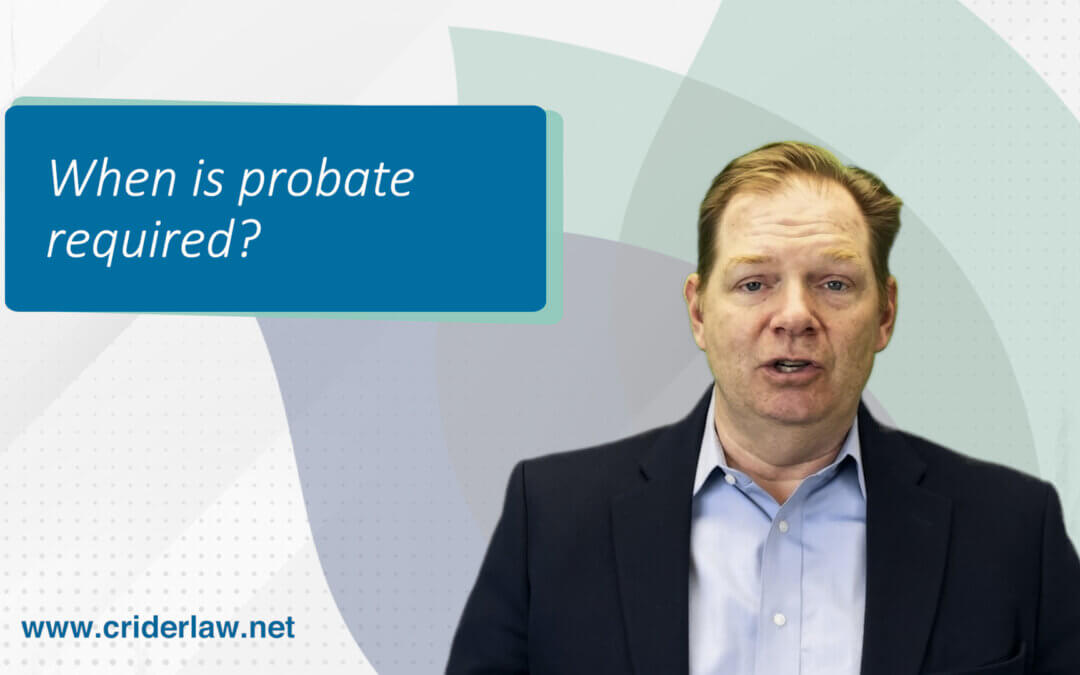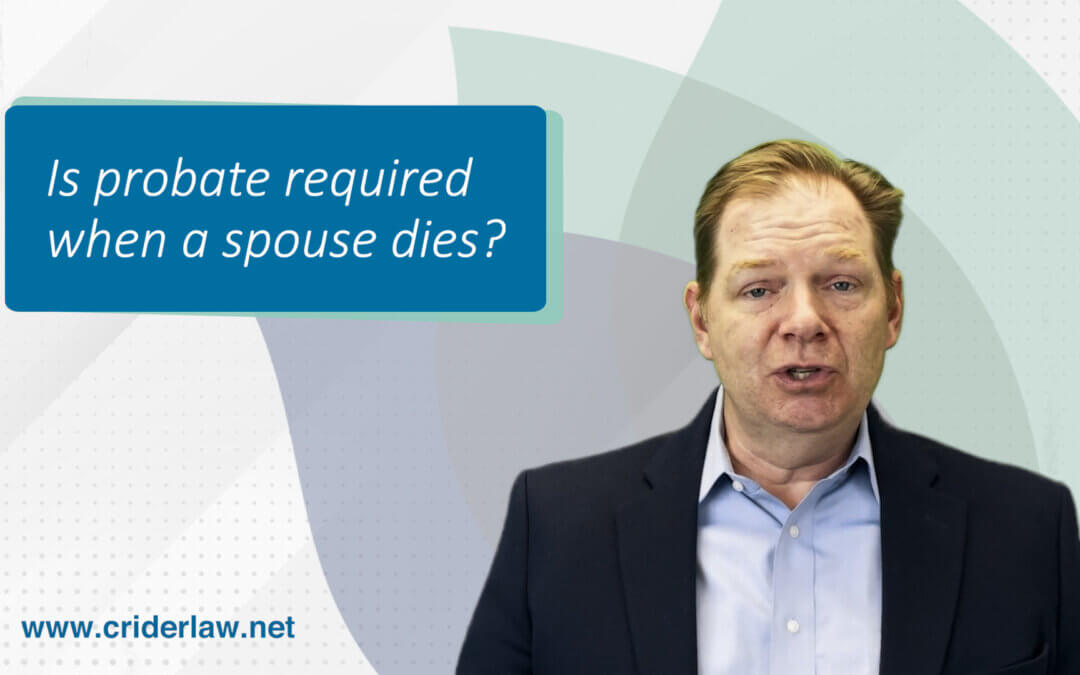
Is Probate Needed if there is a will?
Yes, probate is needed even if there is a will. There are two types of probate in California. The first is probate when there’s a will. The second type is probate when there is no will. And that’s called an intestacy proceeding, somebody dies intestate or without a will.
Having a will does not avoid probate. There are only three ways to avoid probate in California. The first is to have a revocable trust. The second is to be married and have a surviving spouse do what’s called a spousal set aside. And the third way is to have a small estate which is having less than $188,000 in assets on the date of your death.
Quick Question Corner is a video segment where we answer common questions about estate planning and elder law. If you have similar questions, leave them in the comment section and we can feature them in one of our videos in the future.






